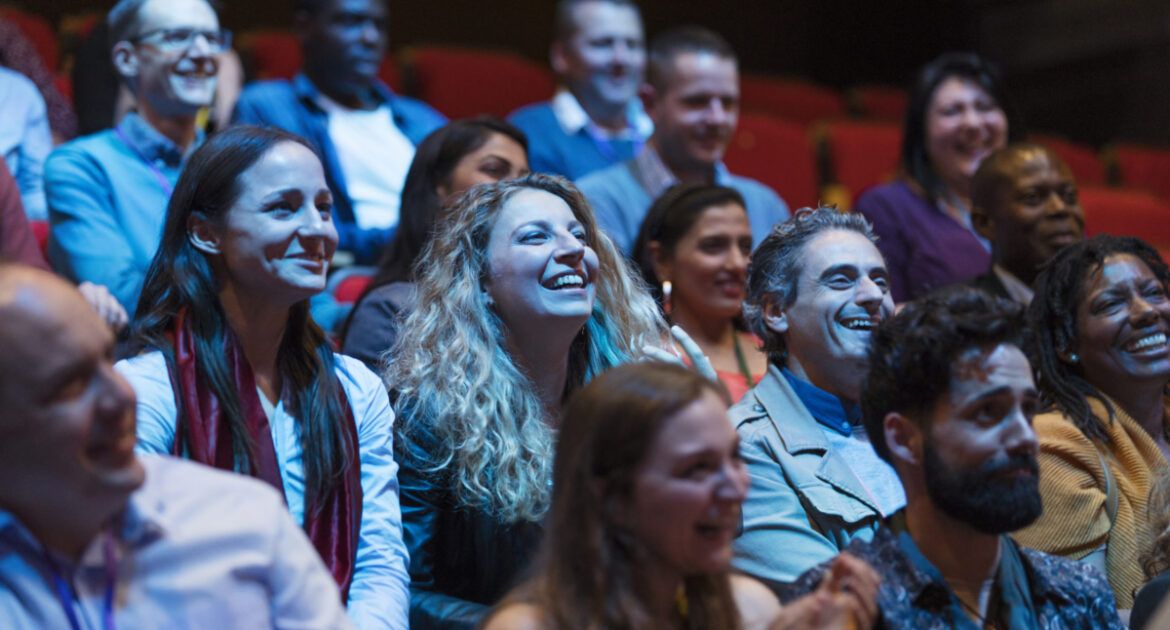Would you like to hear from a panel of HR leaders and learn more about their responses to the challenges in higher education workforce management?
It’s nearly one year on since the global coronavirus pandemic was first announced and the UK’s national lockdown began. Almost overnight, the people profession was launched into the spotlight and tasked with supporting the workforce to make an immediate transition from in-person working to a predominantly home-based model.
From here, new challenges continued to present themselves, from implementing the furlough scheme and refreshing internal policies for flexible working, through to supporting staff wellbeing during a pandemic and a recession, engaging and training a remote workforce, tackling institutional race inequality, implementing revised workforce legislation for Brexit, and many more.
Throughout the last year, HR professionals have developed and implemented solutions to considerable challenges, which have offered clarity, flexibility and mobility for the workforce, against a backdrop of uncertainty.
Under the guise of a global pandemic, the future of work had quietly arrived.
About the webinar series
This year, we are pleased to announce that our upcoming conference, HE Recruitment 2021, will take place online in a freely available webinar series format. Tailored exclusively to the needs of universities, we aim to provide a unique platform for human resources leaders to reflect on their experiences from the last year and share examples of best practice, lessons learnt and fresh ideas.
Featuring contributors from numerous higher education institutions, including the University of Lincoln, Aston University, the University of West London, Queen Mary University of London, the University of Warwick and Newcastle University, attendees will have an opportunity to watch guest speaker presentations, listen to panel discussions and find answers to their questions.
Our three-part series includes the following webinars:
1. The Future of Work is Here
- 12.00 – 1.00pm on Thursday 4 March 2021
- Hear from a panel of university HR leaders for a selection of mini-presentations where they will discuss the emerging trends and workplace innovations that are here to stay.
2. Rebuilding the Workforce
- 12.00 – 1.00pm on Thursday 11 March 2021
- Listen to our special guest speaker presentations and participate in a question and answer session to learn more about rebuilding the university workforce following the coronavirus outbreak.
3. HR Managers’ Open Forum
- 12.00 – 1.00pm GMT on Thursday 18 March 2021
- Our open forum will provide an opportunity for HR professionals to ask our panel of university HR leaders about workforce management approaches at their institution, including lessons learnt and recommendations for the future.
For further information about these events please visit our website.
To find out more and secure your place free of charge, please visit the webinar registration page and fill in the short form to register.


Share your comments and feedback